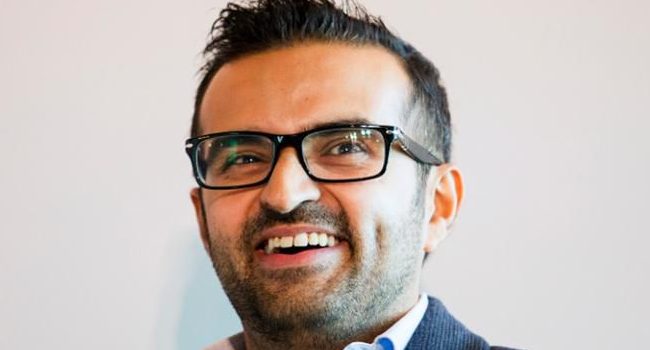News
Rwanda launches first made in Africa smartphone

Rwanda has become the first African country to launch a smartphone when a local company Mara Group unveiled two smartphones on Monday.
The firm described them as the first “Made in Africa” models, giving a boost to the country’s ambitions to become a regional technology hub.
The Mara X and Mara Z will use Google’s Android operating system and cost 175,750 Rwandan francs ($190) and 120,250 Rwandan francs ($130) respectively.
They will compete with Samsung, whose cheapest smartphone costs 50,000 Rwandan francs ($54), and non-branded phones at 35,000 Rwandan francs ($37).
Mara Group CEO Ashish Thakkar said it was targeting customers willing to pay more for quality.
“This is the first smartphone manufacturer in Africa,” Thakkar told Reuters after touring the company alongside Rwanda’s President Paul Kagame.
READ ALSO: US blacklists 8 Chinese tech companies over alleged rights violations
Companies assemble smartphones in Egypt, Ethiopia, Algeria and South Africa, but import the components, he said.
“We are actually the first who are doing manufacturing. We are making the motherboards, we are making the sub-boards during the entire process,” he said. “There are over 1,000 pieces per phone.”
Thakkar said the plant had cost $24 million and could make 1,200 phones per day.
Mara Group hopes to profit from the African Continental Free Trade Agreement, a pact aimed at forming a 55-nation trade bloc, to boost sales across Africa, Thakkar said.
Join the conversation
Support Ripples Nigeria, hold up solutions journalism
Balanced, fearless journalism driven by data comes at huge financial costs.
As a media platform, we hold leadership accountable and will not trade the right to press freedom and free speech for a piece of cake.
If you like what we do, and are ready to uphold solutions journalism, kindly donate to the Ripples Nigeria cause.
Your support would help to ensure that citizens and institutions continue to have free access to credible and reliable information for societal development.












